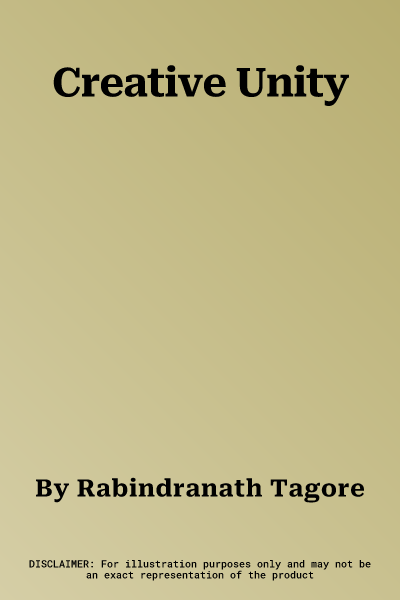Rabindranath Tagore
(Author)Creative UnityPaperback, 23 November 2022

Qty
1
Turbo
Ships in 2 - 3 days
In Stock
Free Delivery
Cash on Delivery
15 Days
Free Returns
Secure Checkout
Print Length
114 pages
Language
English
Publisher
Pharos Books
Date Published
23 Nov 2022
ISBN-10
935546813X
ISBN-13
9789355468130
Description
Product Details
Author:
Book Format:
Paperback
Country of Origin:
US
Date Published:
23 November 2022
Dimensions:
21.59 x
13.97 x
0.69 cm
ISBN-10:
935546813X
ISBN-13:
9789355468130
Language:
English
Pages:
114
Publisher:
Weight:
154.22 gm

